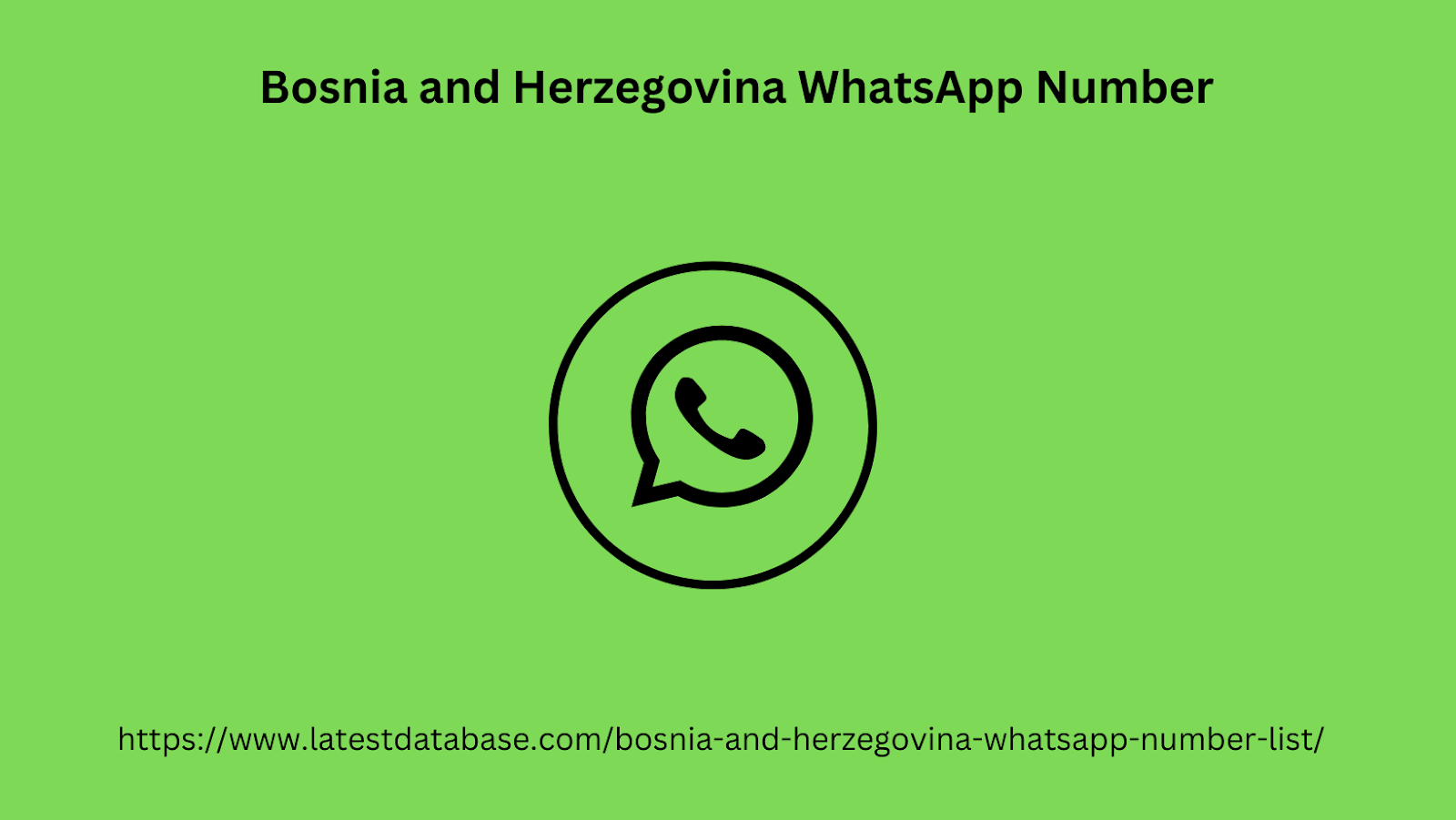|
|
To be true and end up with fake or inferior products. This harms not only buyers but the market’s reputation as a safe and secure place to shop. 3. Transaction Fees and Commissions Markets are platforms that often charge transaction fees or commissions to sellers, which in turn increases product prices. For example, a marketplace might charge a 10% commission on each sale, making the seller have to raise prices to maintain profit margins. This means that buyers may pay more than if they purchased the same product directly from the seller’s physical store.
Additionally, additional costs such as shipping and handling fees are often opaque, adding Bosnia and Herzegovina WhatsApp Number additional costs to buyers. While many marketplaces offer free shipping, there are often certain terms and conditions that must be met, such as a minimum purchase amount. This can be a deterrent for buyers who are looking for the best deal or who just want to purchase a small item. 4. Transportation and Logistics Issues The market is where logistics and distribution play an important role. Delivery issues can result in delays, damaged shipments, or even lost shipments. For example, a package that is improperly packaged by a seller may be damaged in transit.

Leading to unhappy customers and a complicated returns process. In addition, logistics issues such as express delivery delays or wrong addresses are also common challenges. Not only does this frustrate buyers, it also damages the reputation of sellers and the marketplace as a whole. The inability to provide fast and reliable shipping may be the main reason why some customers choose not to shop at the market. Examples of Popular Markets in Indonesia Here are some examples of markets that are very popular in Indonesia: 1. Shopee Market Example Shopee Logo Shopee was first launched in Indonesia in 2015 and has quickly grown to become one of the leading marketplaces.
|
|